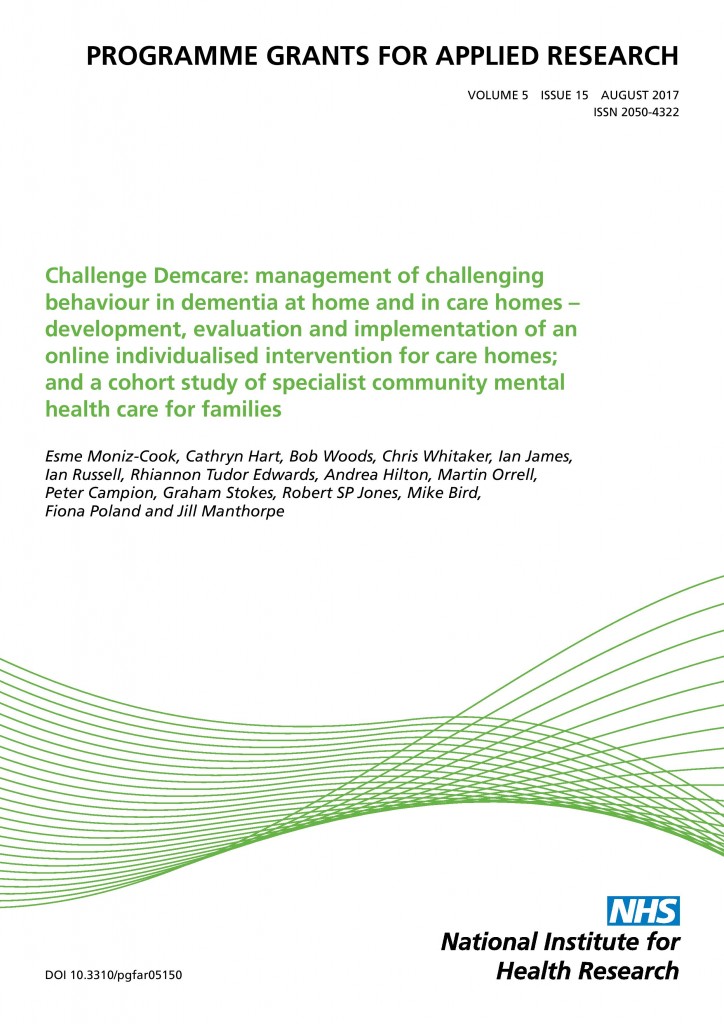Dr Caroline Emmer De Albuquerque Green, Post-Doctoral Fellow at the ARC South London, introduces a new study. Caroline works within the NIHR Applied Research Collaboration South London: Social Care Theme at HSCWRU.
“Our work is to care for the most vulnerable in society and after the pandemic… [the costs of living crisis] is more reason why providers will be closing homes” (A small care home provider)
The United Kingdom (UK) is currently experiencing the steepest rise of inflation in the past 30 years. Consumer prices in February 2022 were 6.2% higher compared to the previous year. The Bank of England estimates that inflation may rise to 9% in 2022 (Francis-Devine et al. 2022 Rising cost of living in the UK – House of Commons Library (parliament.uk)). For people living in the UK, this means increased costs of living, including fuel, energy and food prices. This is also the case for care homes and people working in them, which next to the rise of living costs are still facing Covid-19 related restrictions, staff shortages as well as further rises in operational costs and taxes. Continue reading









